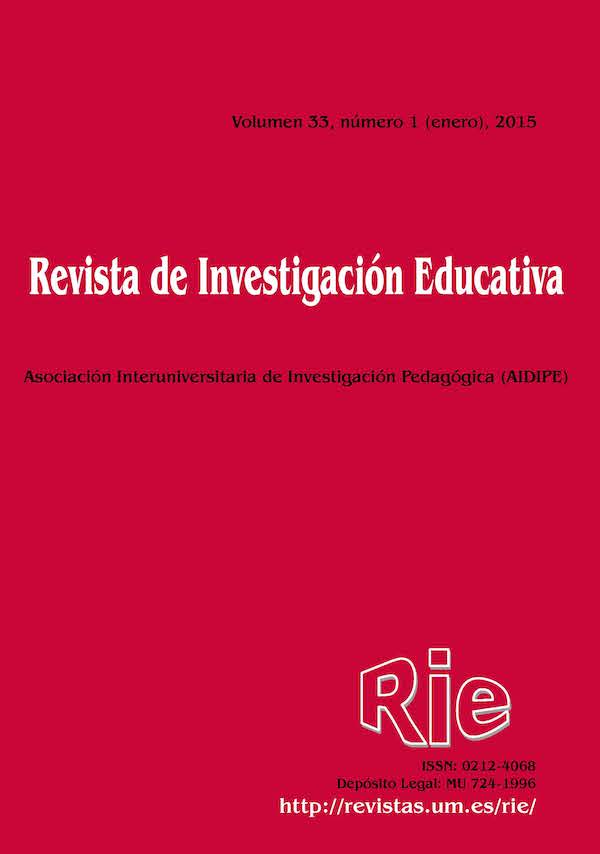Validation of the underlying construct in a rating scale to assess the impact of educational research on teaching practice using confirmatory factor analysis
Abstract
This article examines the validation stages of a rating scale to assess the impact of educational research on teaching practice, paying particular attention to the procedures to validate the underlying construct. To achieve this aim, we considered the research problem, sample availability, and criteria of scientific rigor for developing survey instruments, specifically a rating scale. Data drawn from a rating scale are applied to a sample of 62 teachers at the University of Granada (Spain) and 117 non-university teachers. Through a secondary analysis of the data, the different stages to validate the construct were developed, obtaining three constructs comprising 16 items of the 43 items available. The study shows that confirmatory factor analysis is more powerful than exploratory factor analysis in validating the underlying construct of a measurement instrument (rating scale) and in reducing the scale items.
Downloads
-
Abstract2141
-
PDF (Español (España))1340
The articles and scientific documents published in RIE abide the following conditions:
1. The Servicio de Publicaciones de la Universidad de Murcia (the publisher) has the property rights (copyright) of all the documents published and allows the reuse under the user’s license indicated in point 2.
2. All documents are published in the digital edition of RIE under a Creative Commons Reconocimiento-NoComercial-SinObraDerivada 4.0 Internacional. (legal document) license. These documents can be copied, used, distributed, communicated and explained publicly if: i) the author(s) and its original source of publishing (magazine, publisher and URL of the document) are cited; ii) it is not used for commercial purpose; iii) the existence and the specifications about this license are mentioned.
3. Auto-archive’s conditions. The authors are allowed and encouraged to digitally distribute the pre-print versions (a version before evaluation) and/or post-print (a version that it is already evaluated and accepted to its publication). This promotes circulation and distribution earlier and can increase the citations and significance within the academic community.










